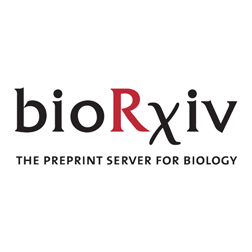Abstract
The hypersystemizing theory of autism suggests that autistic individuals, on average, have superior attention to detail, and a stronger drive to systemize. Systemizing involves identifying input-operation-output relationships. Here, we report the results of genome-wide association studies (GWAS) of systemizing measured using the Systemizing Quotient - Revised in n = 51,564 individuals. We identify three genome-wide significant loci: Two of these were significant in the non-stratified GWAS: rs4146336 on chromosome 3 (P = 2.58×10−8) and rs1559586 on chromosome 18 (P = 4.78×10−8). In addition, we also identified a significant locus in the males-only GWAS (rs8005092 on chromosome 14, P = 3.74×10−8). We find that 12%± 1.2 of the variance in systemizing is captured by SNPs (P=1.2×10−20). We identify a positive genetic correlation between autism and systemizing (rg = 0.26±0.06; P = 3.35×10−5), which is independent of genetic contribution to educational attainment. We further demonstrate that genetic risk for autism from systemizing is genetically distinct from genetic risk emerging from social autistic traits, suggesting distinct shared genetics between autism and social and non-social traits. Our results highlight the importance of considering both social and non-social autistic traits in elucidating the genetic architecture of autism.








